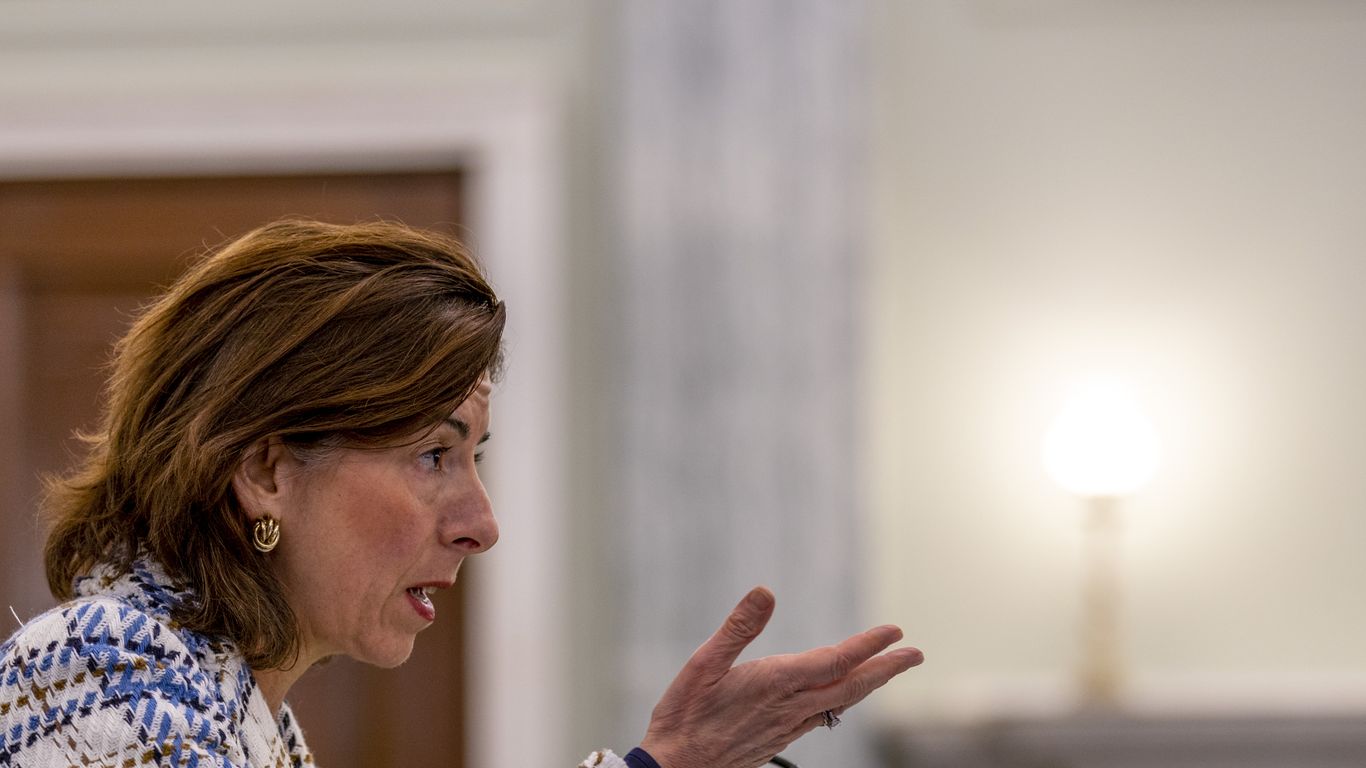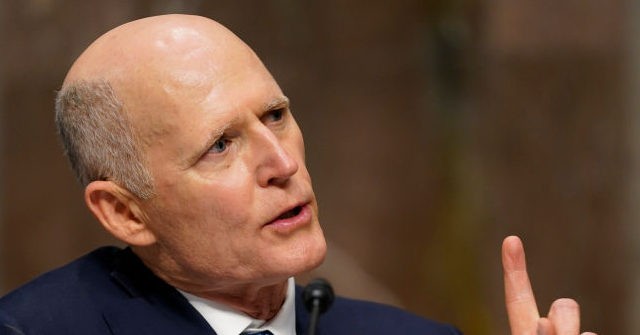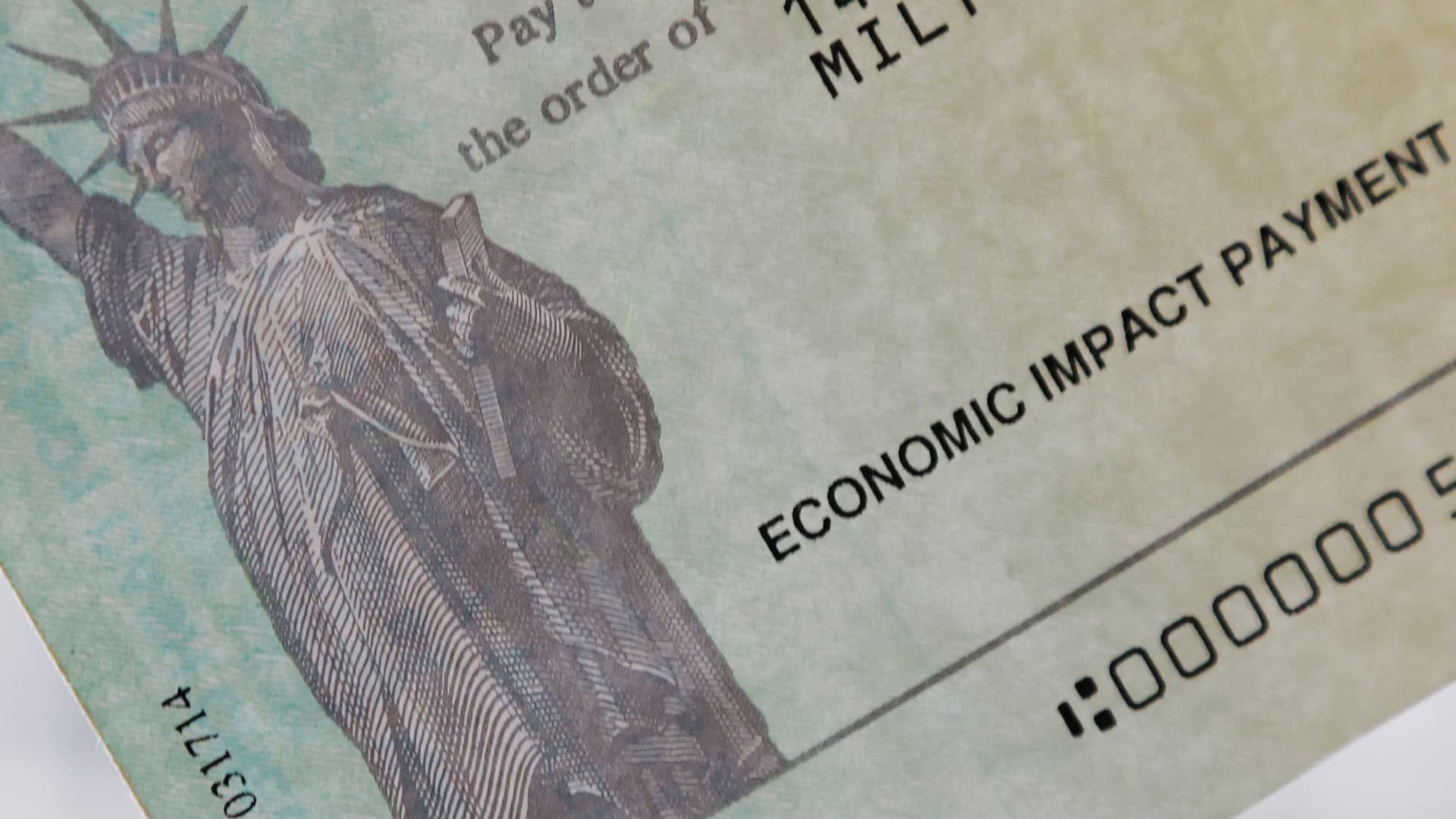re: Inflation, and starting with the supposition that I'm not an economist:
- COVID in 2020 caused (in the US, but also elsewhere) a huge shortage of food and energy, because many food production infrastructures were predicated on delivering food packaged for commercial use instead of retail, and the shutdown of transportation / distribution caused a lot of that to rot. You can look back at stories of farmers turning over crops, dumping milk, etc. So that has been a negative on the supply side, and we still have not seen a full recovery of that two years later.
- Energy costs, and specifically fuel costs for transportation, have been on the rise, and there are several reasons for this, but there has been a sharp look at futures trading, along with "greed" on the part of the major players in the space (Suncor, BP, Shell, Etc). Ultimately energy costs get passed on to consumers through every segment, because of how fuel prices impact transportation prices, which then impact costs of goods. Reduced efficiency at ports, due to COVID safety protocols, is also impacting this as a time-based cost impact to transportation (which then, again gets passed on).
- Other things notable on the food production side, when reading about meat-packing workers etc. is that COVID safety provisions also impact the "efficiency" there, which is causing increased costs. I use quotes in that last part, because a better way might be to say "treating the workers with something like dignity", but the same results are there. You can extend that to many of the service industry workers, production line workers for other sort of food processing, etc. By forcing different shift routines, more spacing on lines, more protective gear (which has a cost, so that gets added), you're doing incremental cost increases on the production side, and this has a knock-on effect to the COGS.
- Forex, though this one seems harder to pin down, when you look at for example the massive crash in Euro/Dollar rates, as well as other currency/USD rates, but just focusing on the former, that since USD is the Petrodollar / reserve currency, a significantly reduced EUR/USD means that the base cost for energy in Europe has gone up significantly. Fuel prices in Germany are much higher when normalizing for $/L than what costs are in the US, and even so people in US are and have been completely freaking out over the price of fuel (they are in Germany too).
Inflation is fundamentally a devaluation of the currency being referenced; a loaf of bread, barrel of oil or bushel of corn is the same physical item that you are exchanging for an IOU, but the value of that IOU has gone down, so you ask for more of them to trade. The rationale for that lies in part with the FED, who have been printing trillions of those IOUs the last several years (since 2008, really), but IMO the one-two punch here is rising energy costs (for several reasons), coupled with the latest housing bubble (which we are absolutely in one, and have been for several years, but made worse with COVID) - it is both supply constrained (impacting commodities) and demand driven (impacting higher-value goods, but also due to scarcity of supply, when talking things like housing, autos, etc).
IMO, the stimulus was less an impact as the massive house-hunting surge from COVID due to WFH mandates. The war in Ukraine has caused a significant spike in energy prices, not because of a lack of production or distribution, but due to the (apparently useless) sanctions placed on Russian exports of food and fuel. If Europe can't buy gas from Russia, it has to buy it from elsewhere, and this drives up the costs not only on them, but also on any of the traditional 'buyers' (like US) for those alternate energy sources (like Mideast, or Venezuela) because the producers cannot, or will not increase their production output to compensate for the increased demand.





